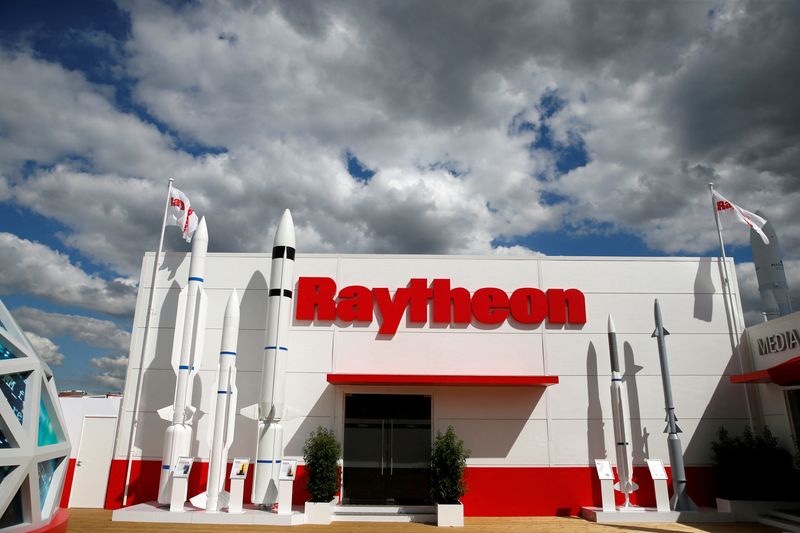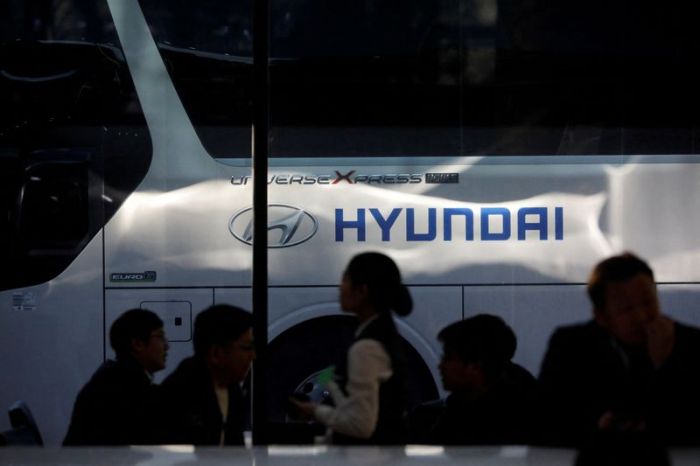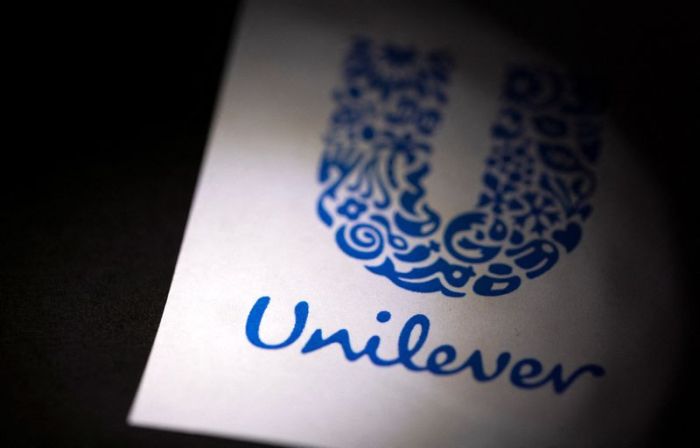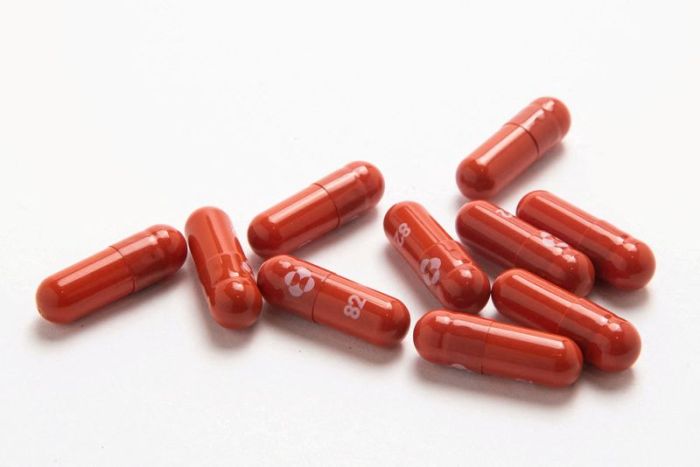By Nathan Gomes and Mike Stone
(Reuters) -Raytheon Technologies Corp on Tuesday forecast full-year sales below Wall Street estimates, even as demand for the company’s aerospace products and services benefited from a surge in air travel during the holiday season.
Raytheon forecast full-year sales for 2022 to be in the range of $68.5 billion to $69.5 billion, below the average Refinitiv-IBES estimate of $70.09 billion.
Its shares were down about 2% in morning trading in New York
Raytheon reported adjusted quarterly profit that beat market estimates. Sales fell 10% in its key missile and defense business, where demand remained strong but higher prices, labor shortages and supply chain constraints reduced its ability to make deliveries.
The U.S. government’s decision ahead of the holidays to open its borders to vaccinated individuals from abroad helped the wide-body aerojet aftermarket recover, driving demand for Raytheon’s aircraft cabin interiors and engines.
“We’re expecting continued commercial aero recovery, particularly on the backs of the international border reopenings and widebody aircraft returning to the air,” Raytheon Chief Financial Officer Neil Mitchill told Reuters in an interview.
Easing coronavirus restrictions also translated into higher demand for Raytheon’s Collins Aerospace systems as well as its space and missile units, even as manufacturers across various sectors were hit by pandemic-induced logistical problems.
Raytheon, whose Pratt and Whitney unit supplies aircraft engines to companies like Boeing Co and Airbus SE, said fourth-quarter revenue rose to $17.04 billion from $16.42 billion a year earlier.
Raytheon’s missile business was given a boost when competitor Lockheed Martin disclosed the Federal Trade Commission’s opposition to its planned purchase of rocket motor maker Aerojet Rocketdyne. Raytheon has been a vocal opponent of the deal.
Aerojet develops and manufactures liquid and solid rocket propulsion, air-breathing hypersonic engines, and electric power and propulsion for space, defense, civil and commercial applications. Its customers include the Pentagon, NASA, Boeing, Lockheed Martin, Raytheon Technologies, and the United Launch Alliance.
Ratheon’s net income rose five-fold to $686 million, or 46 cents per share, in the fourth quarter ended Dec. 31 from a year earlier.
On an adjusted basis, Raytheon posted a profit of $1.08 per share, beating analysts’ average estimate of $1.02.
(Reporting by Nathan Gomes in Bengaluru and Mike Stone in Washington; Editing by Ramakrishnan M., Chizu Nomiyama and Jane Merriman)

























